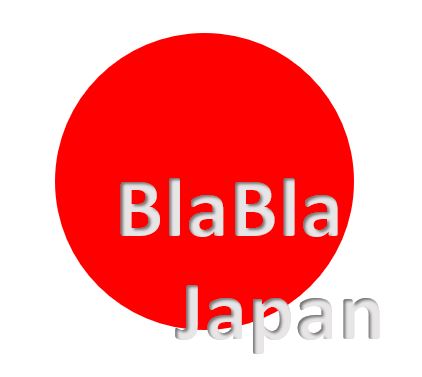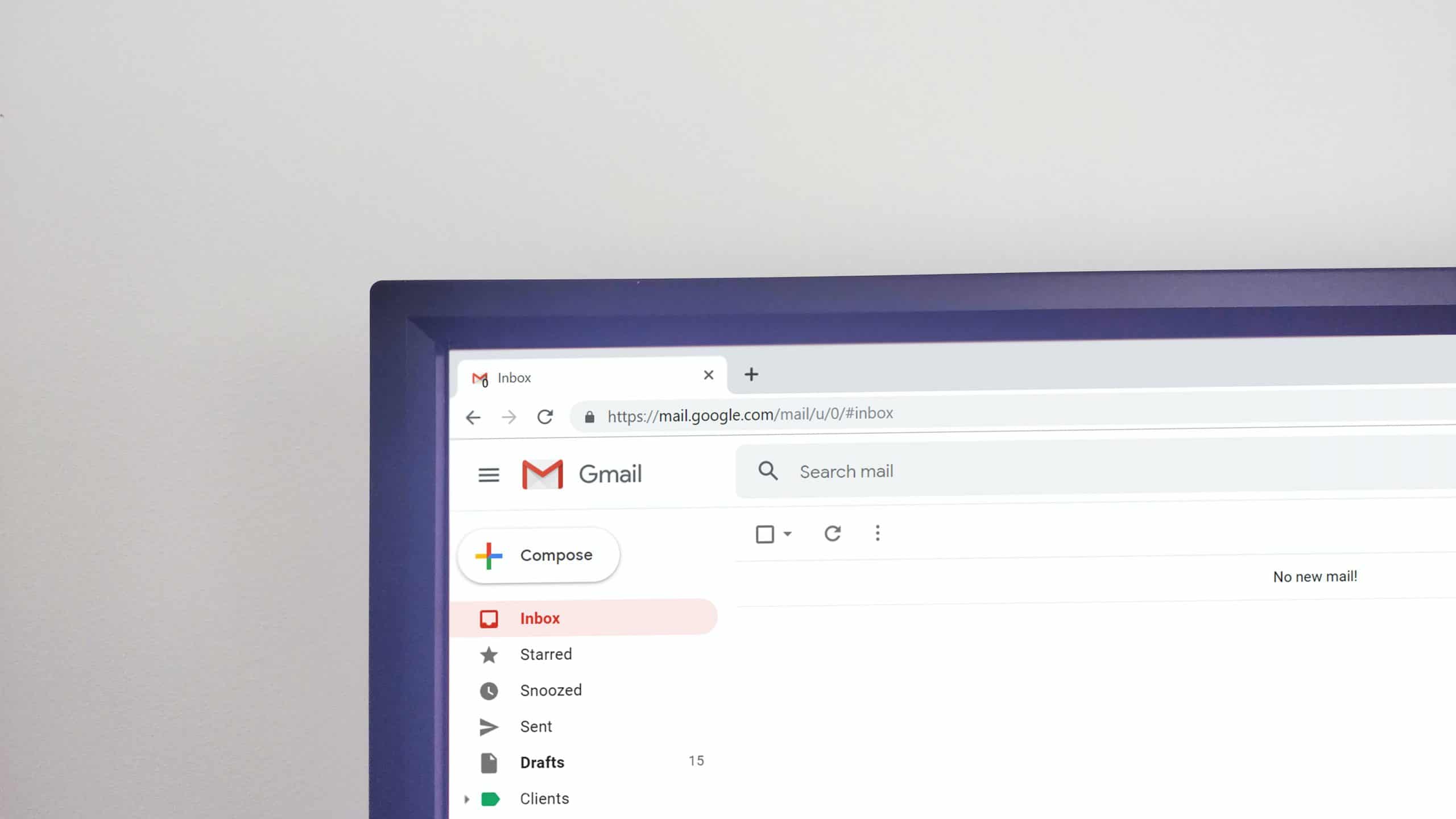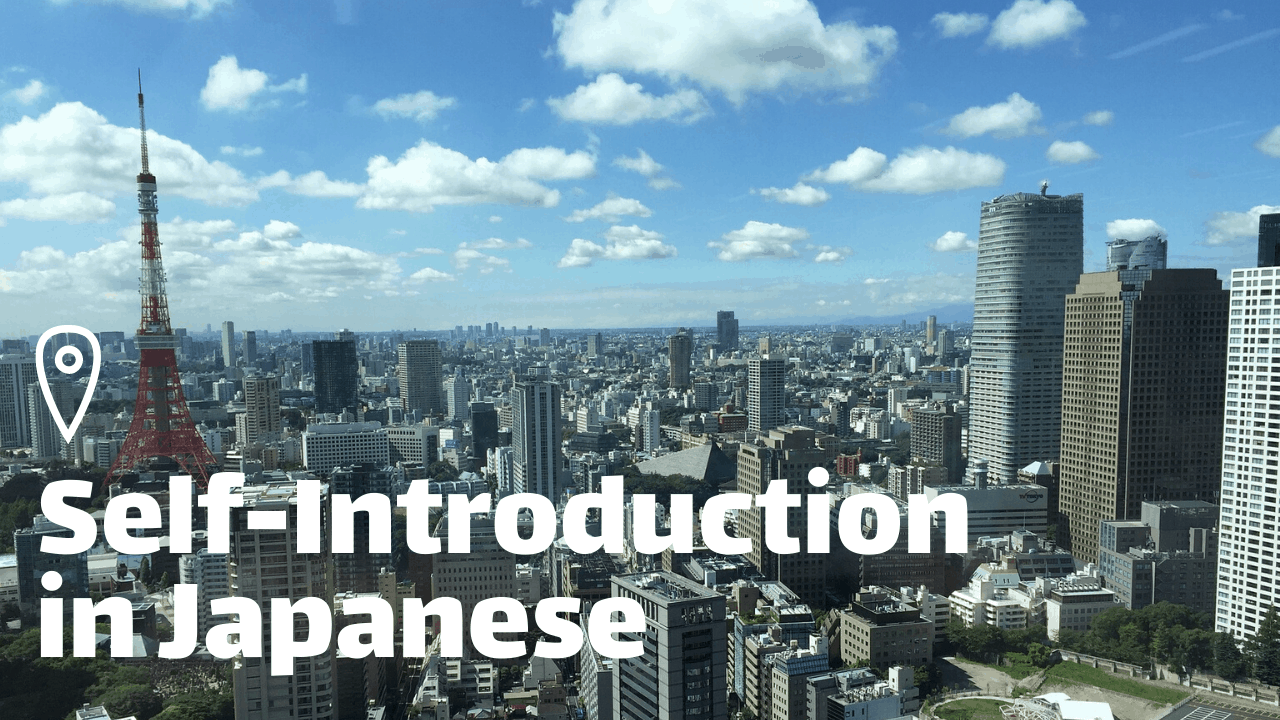What’s “Small Talk” in Japanese? You can use the English word “Small Talk (スモールトーク) in Japanese, too. Or you could also say “Zatsudan” = 雑談(ざつだん) or “Sekenbanashi” = 世間話(せけんばなし). “Zatsudan” and “Sekenbanashi” are basically a short conversation you are gonna make with somebody, and topics are usually about “weather” or “how was your weekend” stuff. So same as small talk.
In this blog, we’d like to introduce how you can approach small talks in Japanese like a native speaker on casual occasions, in addition to that you are gonna learn tips about techniques and questions that are especially liked by Japanese people and how you can make your small talk attractive with examples in Japanese and English.
And references of the techniques we will highlight today are a book written by a successful Japanese salesperson who provides seminar and school about communication, and a video of a very famous Japanese YouTuber (both only in Japanese). Addition to that, we have created examples of small talks and summarized it for non-Japanese native speakers.
Casual Small Talk in Japanese: Tips, Questions and Examples
Before we go through the all techniques and tips, let’s have a look of the ideal sequence of a small talk in Japanese:
- Start small talk
- Expand on the topic
- Listen to the interlocutor
- Spark & stimulate the small talk
- Leave a good impression
This sequence must be the same as any other language. But it is not that easy to do it even in your mother tongue. Thus, there is one characteristic you should know before you approach small talk with Japanese. That is we tend to not talk about ourselves until we are asked. So let’s check out the all tips and examples.
Start small talk
First rate: greeting + two sentences (ask something)
Of course when you see someone, then you greet, then add two more sentences and ask something like below examples.
《Good example 1》
こんにちは!今日暑いね~。それにしても元気そうだけど、最近何かいいことでもあった?
Hi! It is so hot recently. But you look fine, was there anything nice happened to you?
《Good example 2》
おはよう!久しぶりだね~。顔色よさそうだけど、前やってた朝活は続けてるの?Morning! Long time no see. You look well, do you continue your Asakatsu that you used to do?
*Asakatsu(朝活)is morning activity
《Bad examples》
こんにちは!元気?
Hi! How are you doing?こんにちは!最近天気悪いね。
Hi! The weather is recently so bad.
With bad examples, the answer might be just one word like “Not too bad(元気です)” or “yeah(そうですね)”. With good examples, the question is connected to the first sentence and makes your interlocutor easier to answer.
Expand on the topic
Most of you won’t have a problem when you talk with your good friends to expand on the topic and have a great chat. But we are focusing on small talks that you need to prepare and learn in advance to make it great. So the interlocutor is probably a friend that you don’t know well yet.
THIRD RATE : Give up to expand on the topic
MEDIOCRE RATE : Looking for common things
FIRST RATE : Looking for differences
It is lucky if you can find common hobbies or grounds easily. But in many cases it is more difficult to find common things than differences. Do you think someone you meet in the middle of Tokyo comes from the same city as yours, likes cooking, and loves watching anime as you do? It is more likely that there are much more differences than common things.
《Good example》
アニメよく見るんだ!私はあまり見ないんだけど、最近は何が面白い?どうしてそんなにはまってるの?
You often watch anime! I haven’t seen much, but what’s viral these days? Why are you so into it?朝活でヨガと瞑想してるんだね!僕は全然したことがなくて、実際やってみてどうだった?
You do yoga and meditation in the morning! I haven’t done anything at all and how was it?
《Bad example》
アニメをよく見るんだ。私はあまり興味がなくて。映画ならたまに見るけど、映画見ないの?
You often watch anime. I’m not so interested in it, but I sometimes watch movies. Do you like watching movie as well?
Compliment will definitely work to make the chat great. But there is one technique.
THIRD RATE : Give up to find compliment
MEDIOCRE RATE : You give too much effort to find a compliment and end up with your compliment sounds like buttering up which could work even negative.
FIRST RATE : Compliment before and after
ランニングは今どれくらいの距離走れてるの?
5㎞だよ。
でも最初は2㎞走るのも大変だったでしょ?凄いじゃん!いったいどういうトレーニングしたの?
How far do you jog now?
Just 5 km.
But you started with 2 km, right? So 5 is amazing! What kind of training did you do?
If you compare the result with the one in the past, there always must be an improvement. Focus on it and compliment. This is also an indirect compliment that Japanese people prefer (introduced in a different article).
Listen to the interlocutor
If the interlocutor start talking about negative story, encourage with all your might. To ignore it or to change the topic is the worst thing you can do. To sympathize and to go along with the interlocutor is also not the best reaction. The best is only to encourage with all your might.
《Good example》
そんなに仕事忙しくて疲れてるの?でもそんなきつい仕事を2年も続けられてるのは本当に凄いよ!他の人には絶対に真似できないし、確実に自分の力になってるよ!
Oh you are so busy at work and tired? But it’s really amazing to be able to do such hard work for two years! Anyone else can’t do it as you do, and it definitely helps you to grow!
Don’t forget to encourage louder. And really forget about showing sympathize etc.
Spark & stimulate the small talk
Conclusions are “to compare with something”.
《Examples of comparison》
もしドイツ人だったら速攻で労働組合に相談して裁判沙汰になってるよ!
If you are a German, you consult with the labor union in a flash and take it to court!それくらいしかランニングしてないんだったら普通は2㎞から2.2 km くらいしか走行距離伸びないよ!笑
If you’re only jogging that much, you’ll normally only be able to extend your mileage from 2 km to 2.2 km!
I have connected these 2 sentences with the above examples. So I mean “let’s say…” and “If it were…” are useful.
Summary to leave a good impression
If you implement these 4 points, it will lead to a good impression. And I want emphasize that the introduced examples and quotes in Japanese will work, even if you talk in English with your Japanese interlocutor.
Last but not least you might wonder if you ask too much questions, it would feel like an interrogation. But you don’t have to worry so much about it when talking with Japanese people. What will happen when you start talking about yourself? your interlocutor will shift to play a roll of interviewer and ask you more and more questions in order to expand on your story.
If you want to know small talk in Japanese with your colleagues or in a little more formal situation, you will find the right answers in this article.





















